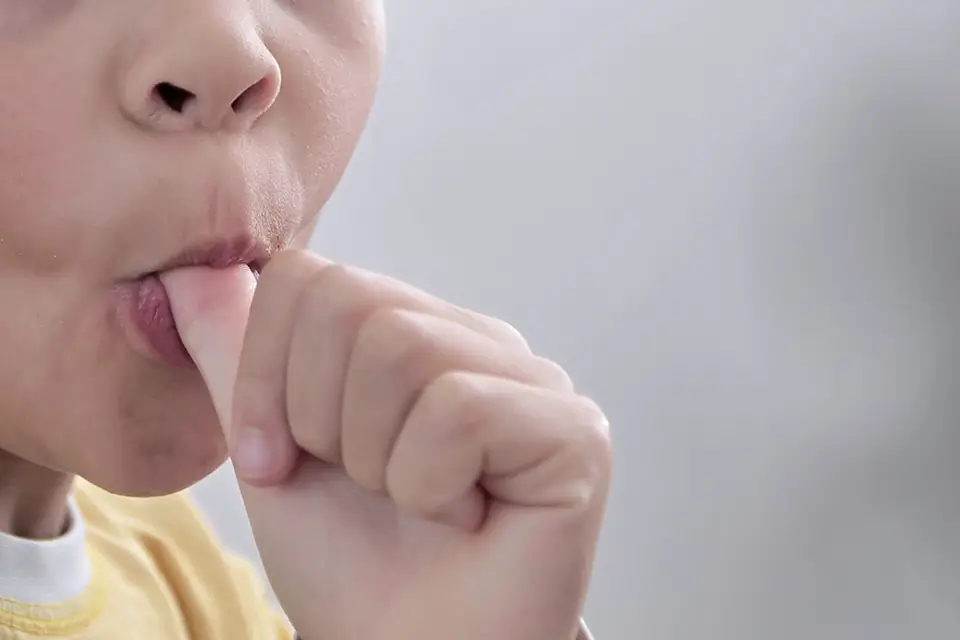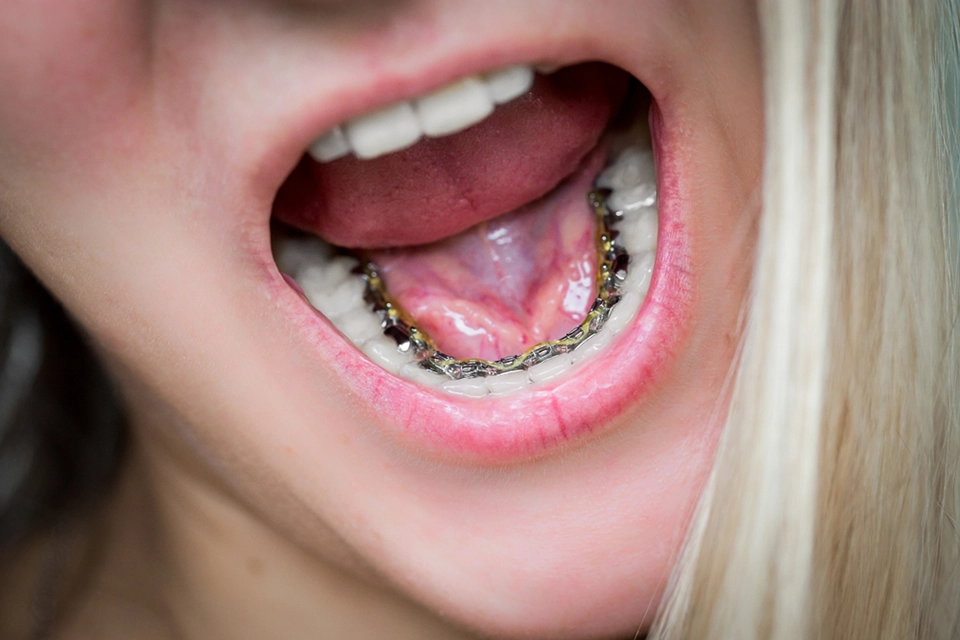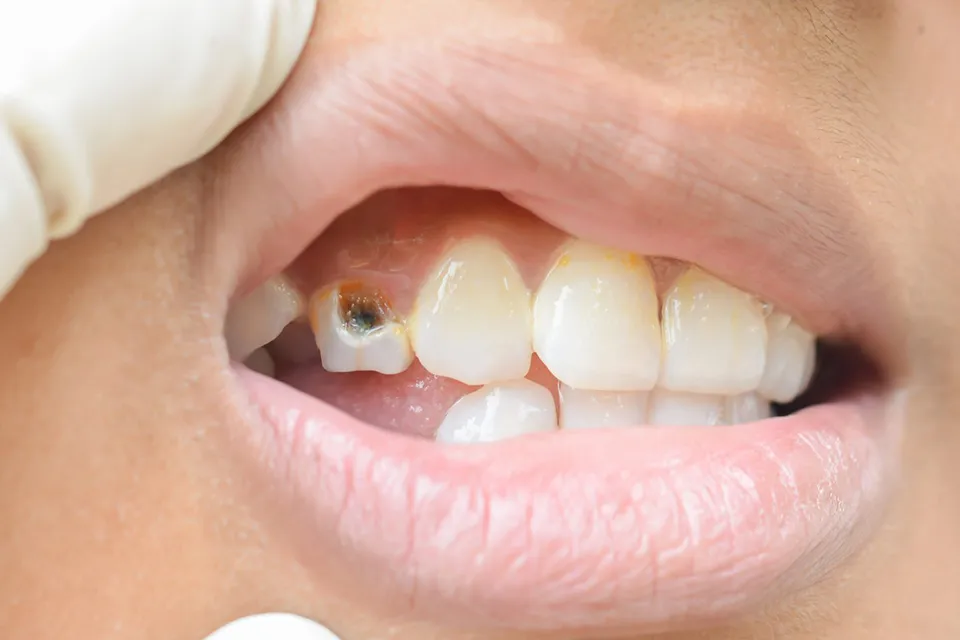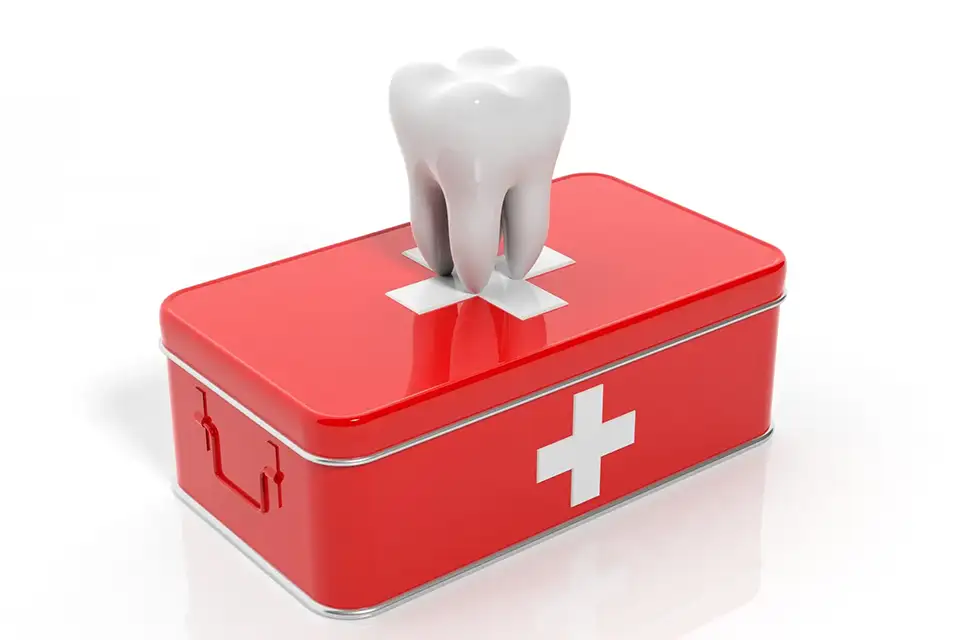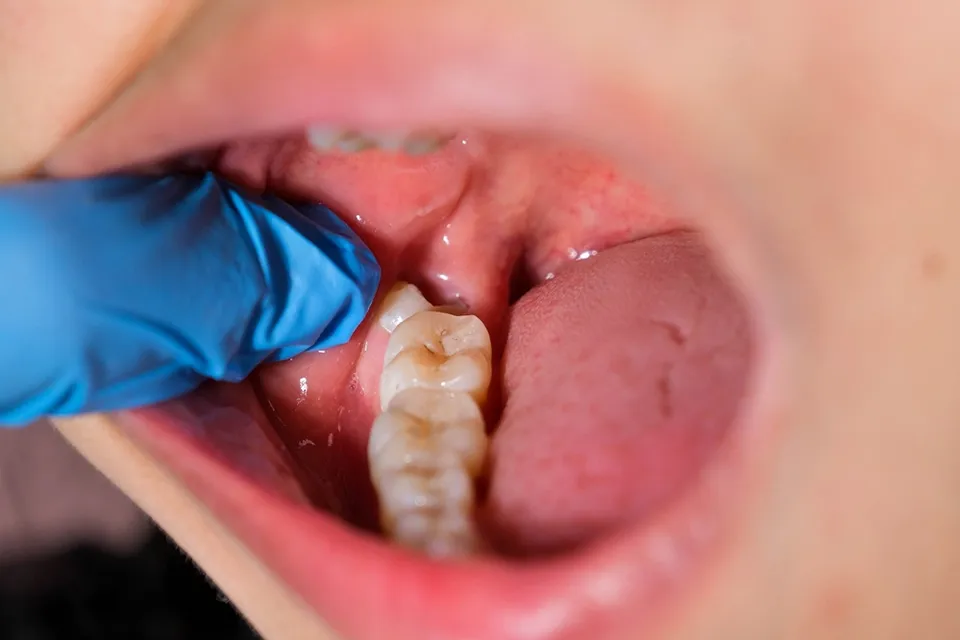Welcome to the blog of Zara Dental, located in the center of Houston, Texas. Whether you are a current patient, a resident, or just passing through, wisdom teeth eruption is a frequent dental milestone that affects anyone in their late to mid-twenties. Being aware of the first signs of wisdom teeth coming in is critical for treating any problems before they worsen. Furthermore, we’ll look at the specifics of wisdom teeth, including how and when they emerge and what symptoms to look for.
What Are Wisdom Teeth?
Wisdom teeth, also known as third molars, are the final set of molars that most people develop throughout their late teens or early twenties. These teeth were historically important to our ancestors because they lost other teeth early and need extra molars to manage rough raw meals.
Today, they are regarded as vestigial remnants of our evolutionary past, frequently causing more problem than benefit due to changes in diet and jaw size.
There are normally four wisdom teeth in the back of your mouth, one in each of the upper and lower gum’s furthest corners. Due to the restricted space in modern human jaws, these teeth are commonly impacted or fail to erupt completely.
When Do Wisdom Teeth Typically Erupt?
Wisdom teeth often emerge between the ages of 17 and 25. Due to this wide age range, it is important to plan on having frequent dental examinations during these years to monitor development and identify any possible issues.
It’s also important to remember that not everyone will develop them, and when they do, the timing of the eruption may differ significantly. Some people develop them early, while others have wisdom teeth that emerge much later or never at all. However, being aware of the first signs of wisdom teeth coming in is critical to maintaining your oral health.
Common Signs and Symptoms
Identifying the first signs of wisdom teeth coming in can help you take proactive steps to manage your oral health. Here are some of the most common signs that your wisdom teeth are coming in:
Tooth Pain and Discomfort
The most apparent sign of eruption is pain or discomfort in the back of your mouth. This may progress from a mild irritation to a more severe discomfort as the teeth push through the gums.
Swelling and Inflammation
You might notice swelling and redness in the area where the tooth is developing. Additionally, this inflammation can make the area uncomfortable and painful, especially when touched or pressured when eating or brushing.
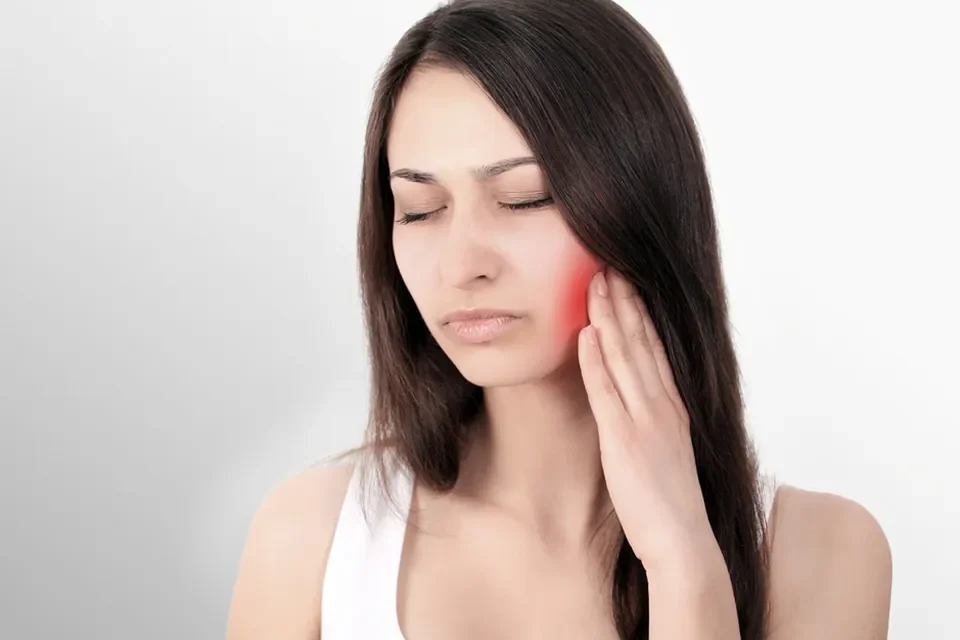
Changes in Bite or Jaw Alignment
As they emerge, they may push against adjacent teeth, potentially causing crowding or misalignment. This can modify your normal bite, making chewing painful or difficult.
Gum Sensitivity and Bleeding
The gums around developing wisdom teeth might become very sensitive and bleed more quickly, especially when brushing or flossing.
Impacted Wisdom Teeth
If there is insufficient room for the wisdom teeth to erupt, they may become impacted. If not treated properly, this can cause extreme pain and eventually lead to infections or cysts.
Aside from pain and swelling, you may feel strain along your jaw, changes in how your teeth fit together, or an increase in headaches due to the added stress on your jaw.
Moreover, these symptoms can sometimes escalate into more severe complications, such as infections or the formation of cysts around the new teeth. Regularly monitoring these symptoms and seeking advice from a dentist if they worsen or persist is crucial.
In addition, professional dental care is essential to prevent and manage potential complications of eruption. If you notice any of the first signs of wisdom teeth coming in, we encourage you to schedule an appointment.
FAQs about Wisdom Teeth
When Should I See a Dentist About My Wisdom Teeth?
You should consult a dentist if you experience severe pain, persistent symptoms or if the wisdom teeth affect your oral hygiene.
Can Wisdom Teeth Cause Headaches?
The pressure and pain caused by erupting them can also lead to headaches.
What Are the Treatment Options for Impacted Wisdom Teeth?
Depending on the severity and the risk of complications, treatment can range from pain management and monitoring to surgical removal.
How Can I Alleviate Pain from Wisdom Teeth at Home?
Over-the-counter pain relievers, salt water rinses, and ice packs can help reduce pain and swelling at home.
Understanding the symptoms of eruption and responding appropriately is critical to preventing issues and maintaining good dental health. If you experience any of the symptoms mentioned above, don’t hesitate to contact us at Zara Dental clinic in Houston. Furthermore, recognizing the first signs of wisdom teeth coming in enables you to seek timely dental advice. Our team is here to provide guidance and treatment.
Remember, early intervention is crucial for successfully managing concerns about wisdom teeth. Stay informed and confidently take care of your dental health, knowing professional help is just a call away!

